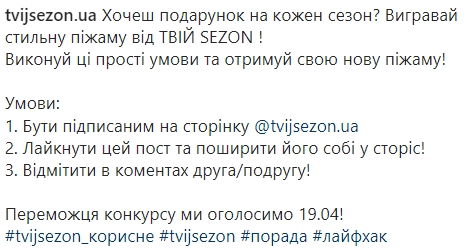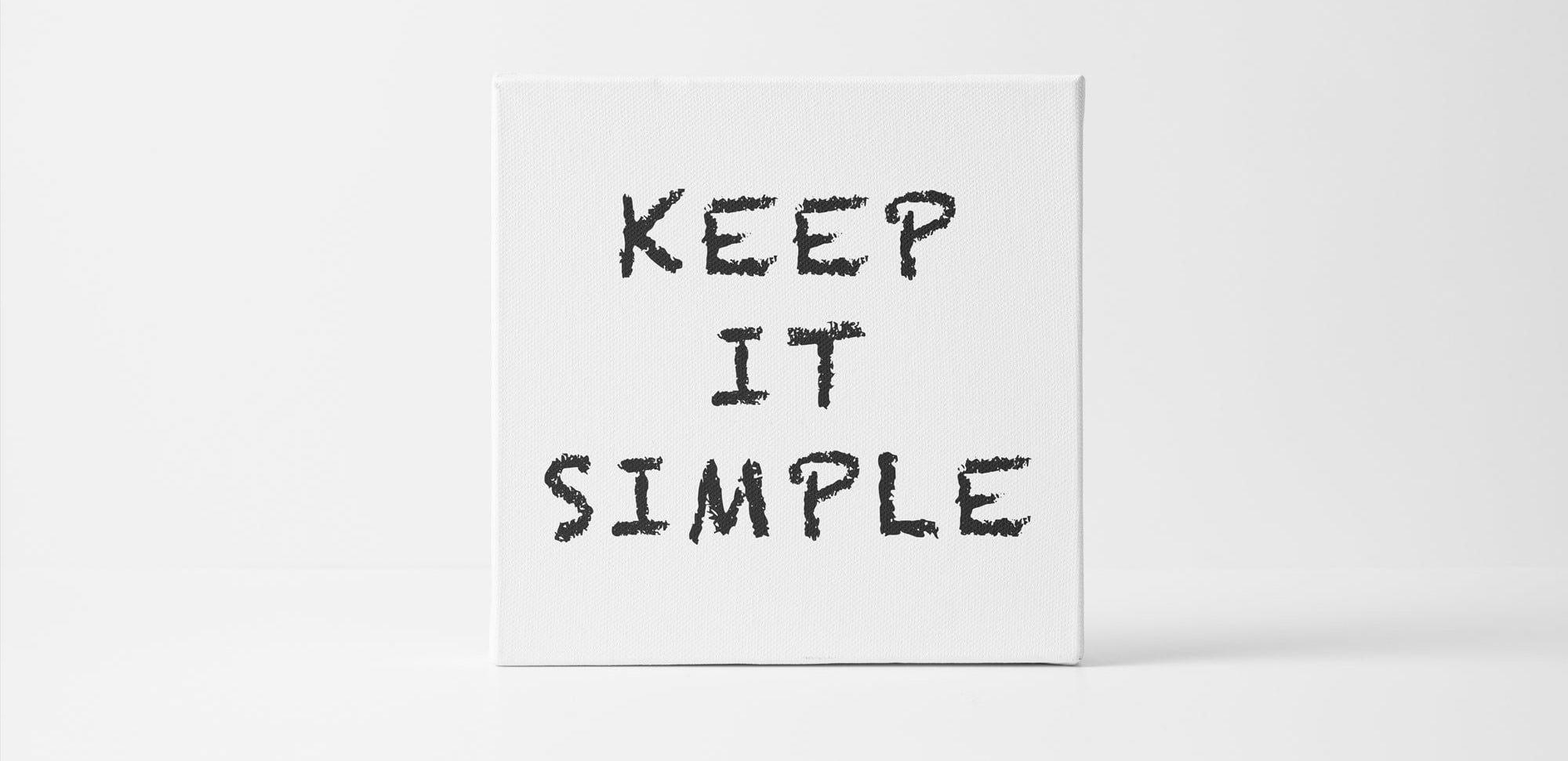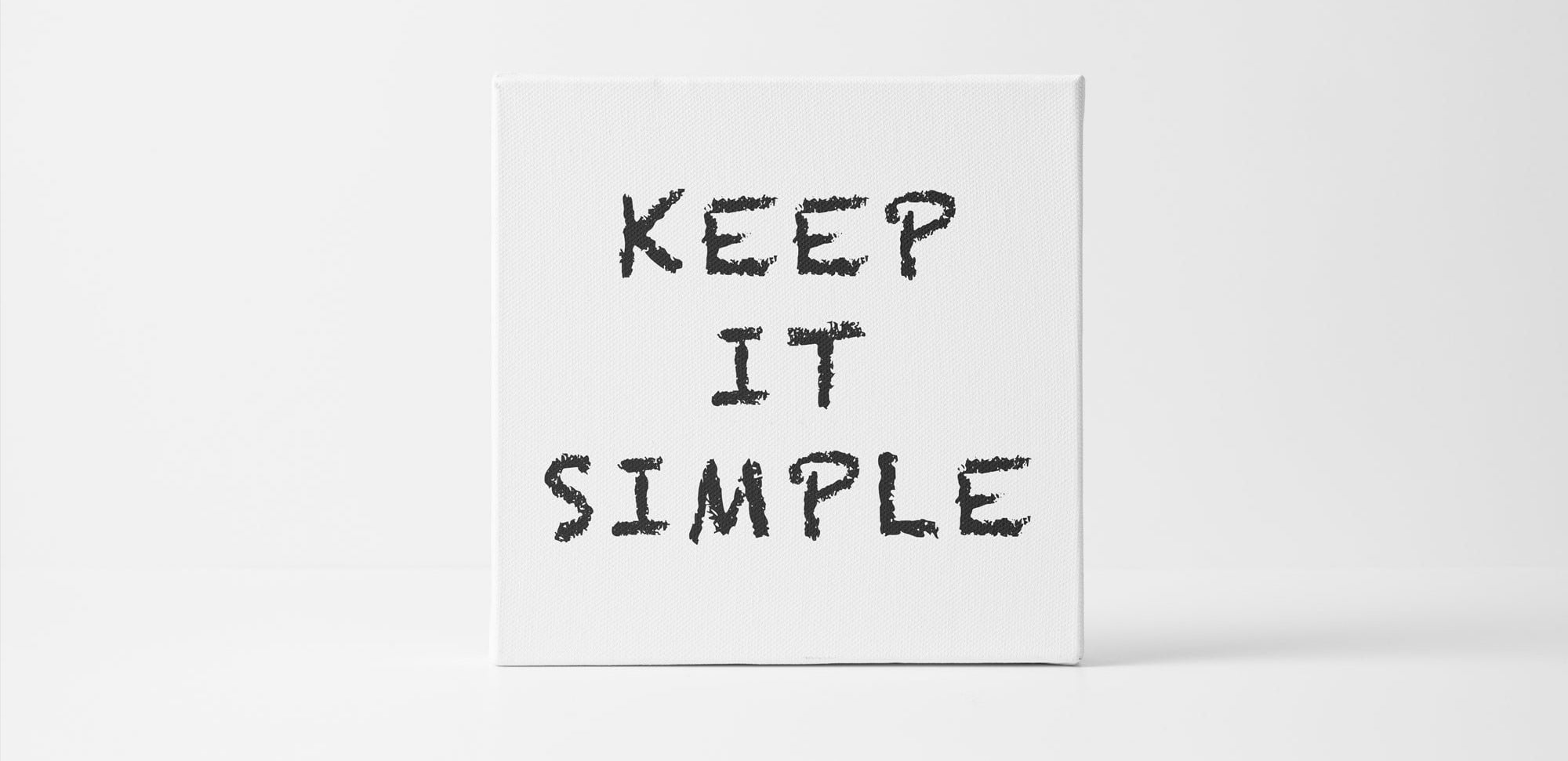Organizing contests on Facebook - is a great way to increase brand awareness and encourage users and your subscribers to be more active.
When organizing contests, we should keep in mind that a contest that violates Facebook's rules or is conducted in an illegal manner can do us more harm than good.
How to avoid it? What should you keep in mind when running a contest on FB?
The competition should have the following provisions
Contest rules are a requirement not only of the website, but also of the law. The creation of a list of contest rules should not be seen as an unpleasant necessity - the provisions contained therein protect us from all kinds of violations and unreasonable expectations on the part of people participating in the game.
List of provisions related to the competition should contain information about who is organizing the contest (it should also be clearly stated that it is not Facebook!) and who is funding the prize. It is very important to indicate the start and end dates of the contest, describe the contest task and define the conditions necessary for participation (e.g., being 18 years old, having a Facebook account).
Attention!A very important rule regarding the legality of contests, included in Facebook's regulations and at the same time very often ignored by organizers, is that participation in a contest depends on liking the organizer's profile, sharing a post about the contest, or tagging friends. An example is a post that reads as follows: "To participate in the contest, like our fan page, share the contest post and/or tag a person who wants to participate in the contest" is an example of violation of all the rules of organizing contests on FB. In such a situation, you should consider the possibility of deleting the contest post and even blocking your profile by the site administrators!
The contest regulations must also contain information such as the date of announcement of the contest results, the form of prize receipt, the value of the prizes and the method of their delivery, the rules for filing complaints and the provisions on the administration of personal data for the contest.

Competition task
According to Facebook's rules, a contest task cannot consist of liking, sharing or tagging, and we must consider this type of activity on your profile as a contest task.
Two factors should be taken into account: the first is the complexity of the task. Unfortunately, as our experience shows, the more work a user has to do to answer, the less material appears under the contest message. Therefore, if we want to attract as many users as possible, the task should rather be based on simple actions, such as posting a comment, photo, etc.
The secondA factor to consider is the attractiveness of the prizes. The complexity of the contest task should be proportional to the prize we offer. It should also be remembered that the quality of the prize encourages participation not only by our customers and potential customers, but also by so-called "competitors", i.e. people who like to participate in various games with prizes and who are not necessarily interested in our brand or products.

Awards at the competition - what do you need to know?
It is imperative that our contest regulations include the criteria for awarding prizes, and there should also be a provision on how they will be awarded. In the case of many contests where we can find information that "winners will be determined" and if we do not fulfill several conditions for running a contest in this form, we will not only be dealing with Facebook rules, but also with the law.

Sanctions for non-compliance with Facebook rules
If the portal administrators notice the above-mentioned violations in our contest, we may take into account the removal of the contest post, reduction of the coverage of publications published on the fan page, as well as temporary or permanent blocking of the company's Facebook page.
Summarizing the resultsThe need to formalize a contest protects not only its participants but also the organizers. Failure to comply with the applicable rules on the social networking site or legal regulations may result in a worsening of our rankings instead of an improvement.









